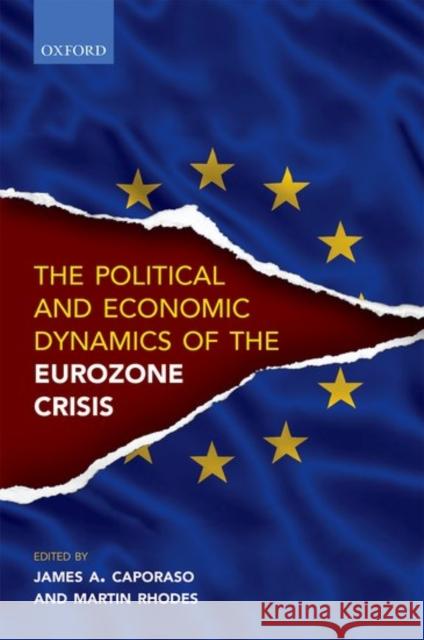The Political and Economic Dynamics of the Eurozone Crisis » książka
The Political and Economic Dynamics of the Eurozone Crisis
ISBN-13: 9780198755739 / Angielski / Twarda / 2016 / 304 str.
This is the first book to provide a full and dispassionate account of the politics and economics of the Eurozone crisis, focusing on the interlinked origins and impacts of the Euro-Zone crisis and the policy responses to it.
The book is distinguished from existing research by its avoidance (and rejection) of the too-often simplistic analysis that has characterized political, media and regrettably some academic coverage, and by its attempt to escape from the tyranny of day-to-day events and short-term developments. Each of the contributors identifies an important question and undertakes a careful empirical, theoretically-informed analysis that produces novel perspectives. Together they seek to balance many of the existing accounts that have rushed to sometimes unwarranted conclusions, concerning, for example, the locus of institutional power in European crisis-management; the power and centrality of particular member states, notably Germany which has been attributed with 'hegemonic' status; the supposed entrapment of EU policy makers by an 'austerity ideology'; and the deep flaws that apparently afflict the solutions to the crisis put painstakingly in place, such as Banking Union.
While it will be some time before the EU can put the crisis behind it, and the dust finally settles on the revised institutional system that emerges, The Political and Economic Dynamics of the Eurozone Crisis marks an important step towards a considered, reflective analysis of the tumultuous events and developments of the crisis period.











